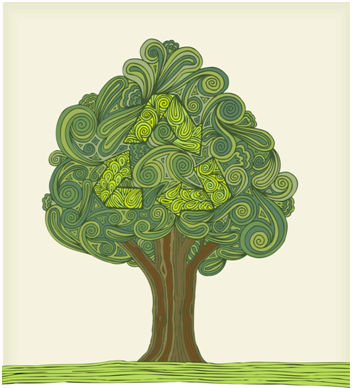Working with large amounts of secondary qualitative data: expanding your analytic skill set, Maynooth University, 27th February 2020
This workshop was jointly sponsored by the Department of Sociology and Maynooth University Social Sciences Institute
Workshop description
Join us for an exciting workshop that will develop your knowledge and skills for working with qualitative data at scale: ‘big qual’. Discover cutting-edge analytic methods with applications across archival research, social media research, secondary analytic practice and other research arenas in which large amounts of diverse qualitative data, including longitudinal, are brought together and analysed.
This day course provides the methodological foundations for identifying, merging and analysing multiple sets of data from different sources. You will gain hands-on experience of accessing, searching, obtaining and organising data, using the Timescapes Archive. You will learn how to survey the main features of the data landscape to acquire a precursory understanding of the nature, quality and ‘fit’ of the available material. You will work through different approaches to bring assemblages of qualitative data together. Find out about the Breadth and Depth Method that works backwards and forwards between levels in combined multiple qualitative data sets. Gain hands-on experience of this four-step process and ways to identify points of interest using analytic software. Discover the potentials and pitfalls of bringing together several sets of archived data to undertake a ‘breadth’ analysis of large amounts of qualitative data, and to identify and conduct in-depth analysis of case studies.
The course is suitable for early career as well as more experienced qualitative researchers. The course will be delivered by the ESRC National Centre for Research Methods team who developed the Breadth-and-Depth Method approach to analysing ‘big qual’:
Emma Davidson is currently a Leverhulme Early Career Senior Research Fellow at the University of Edinburgh. Her research interests span qualitative research methods, policy analysis, computer assisted qualitative data analysis, as well as childhood and youth studies, family, personal and community relationships.
Rosalind Edwards is a Professor of Sociology at the University of Southampton. She is a co-editor of the International Journal of Social Research Methodology, and has published widely on qualitative and mixed methods research, as well as Indigenous/non-Indigenous research partnerships, and across the broad field of family policies and family lives.
Lynn Jamieson is a Professor in Sociology at the University of Edinburgh, and Co-Director of the Centre for Research on Families and Relationships. She has expertise in a range of methods of social research, and her research interests include historical and cultural shifts in practices of intimacy; globalisation and personal life; the environment and sustainable lifestyles; sexuality; sexual offences and gender violence.
Susie Weller is a Senior Research Fellow in the Clinical Ethics and Law (CELS) research group at the University of Southampton. Her expertise includes creative, participatory, and qualitative longitudinal methods and secondary analytic practice, as well as youth and family research, straddling different social science disciplines, and the social and biomedical sciences.
***********************

Re-using Qualitative Data, Maynooth University, 22nd June 2012
This workshop was funded by the Irish Research Council and facilitated by the Irish Qualitative Data Archive. The aim of the workshop was to give delegates a critical understanding of the challenges and opportunites associated with re-using archived qualitative data, and to provide practical guidance and solutions. In the first part of the day presentations were made by a number of international speakers that are expert in the area of archiving and re-using research data. In the afternoon delegates were given the opportunity to participate in floor discussions between data creators and users. The workshop concluded with a practical session on how to navigate the IQDA and request access to data.
